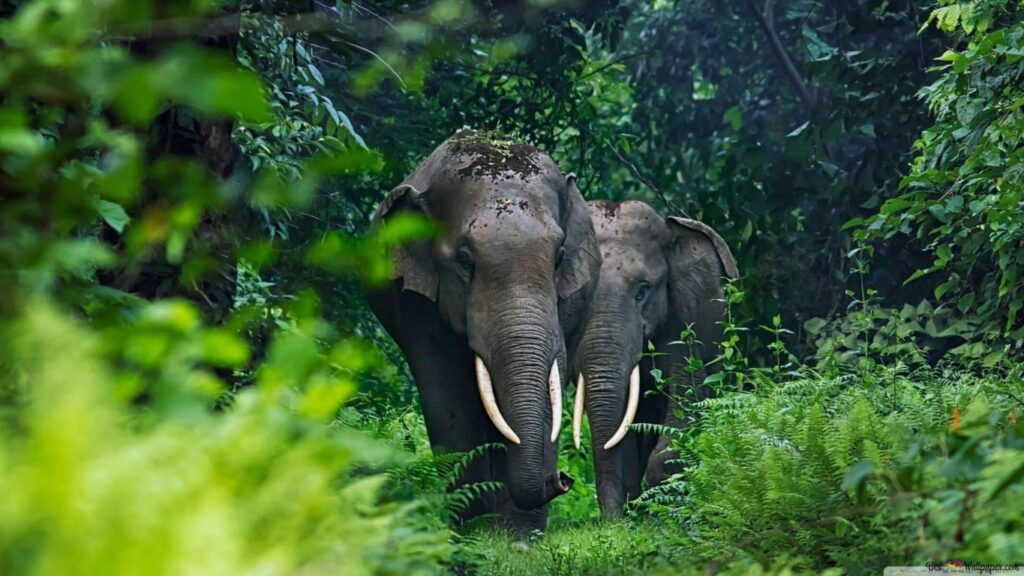The Journey of Thai Elephants: From History to the Tourism Industry
Thailand and elephants share a unique bond that dates back centuries. These majestic creatures hold a revered place in Thai culture, history, and spirituality. Over time, the role of elephants has evolved—from war companions and laborers to symbols of national identity and, more recently, stars in the tourism industry.
Let’s take a closer look at the fascinating history of Thai elephants and their transition into the world of tourism.
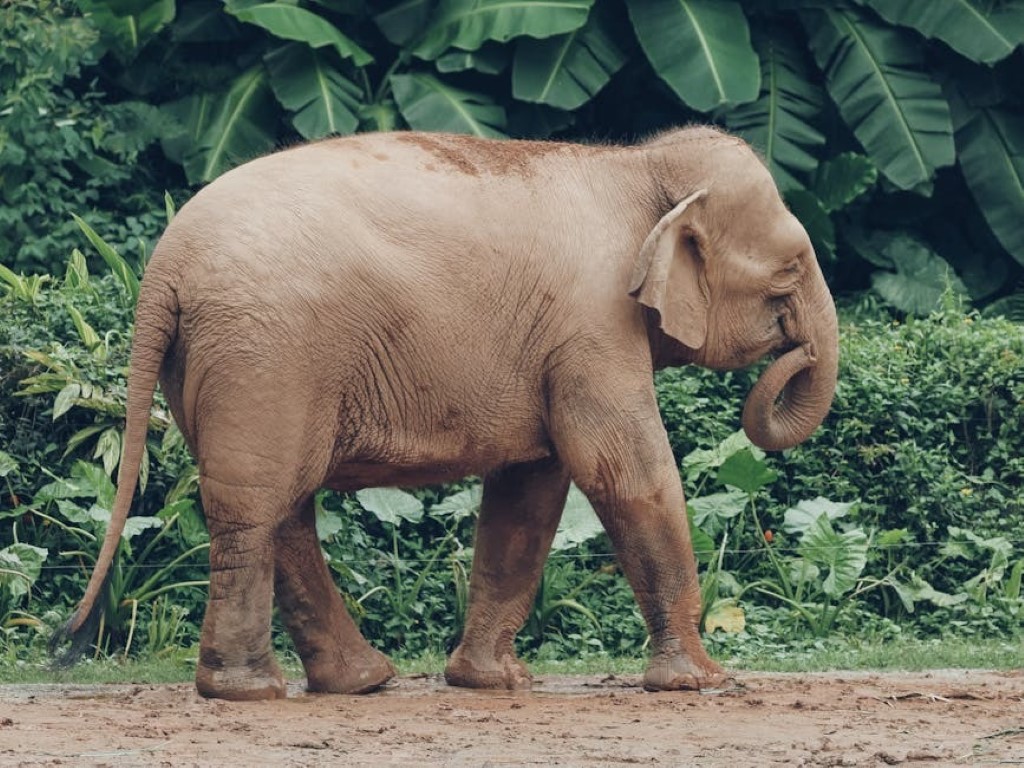
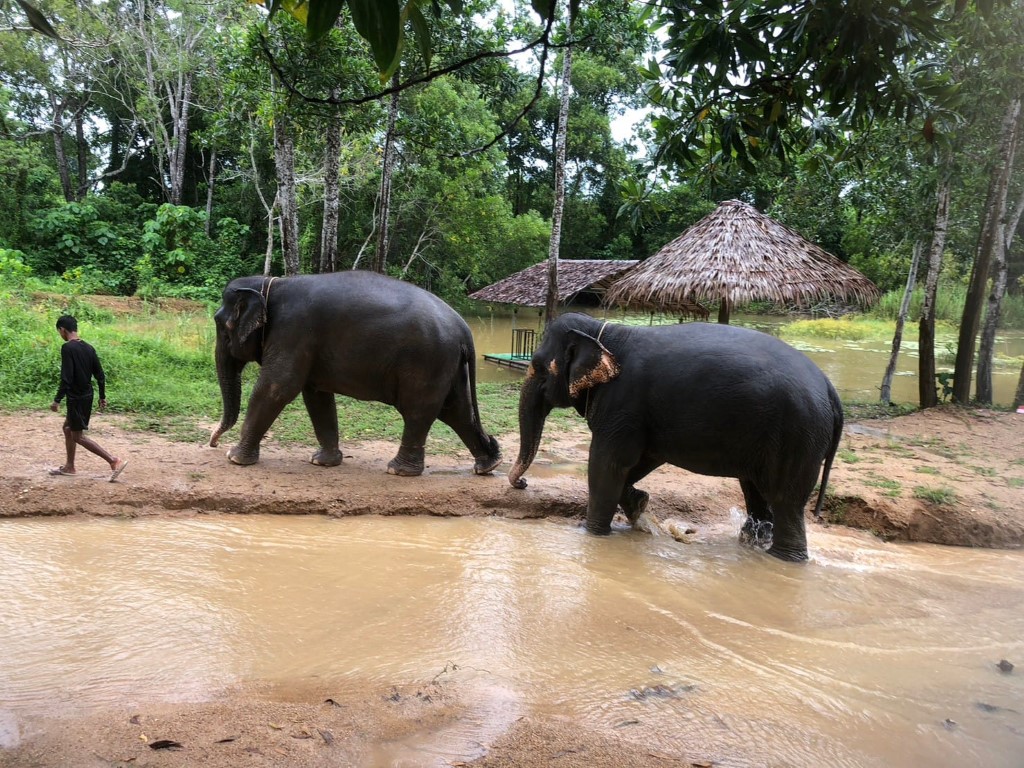
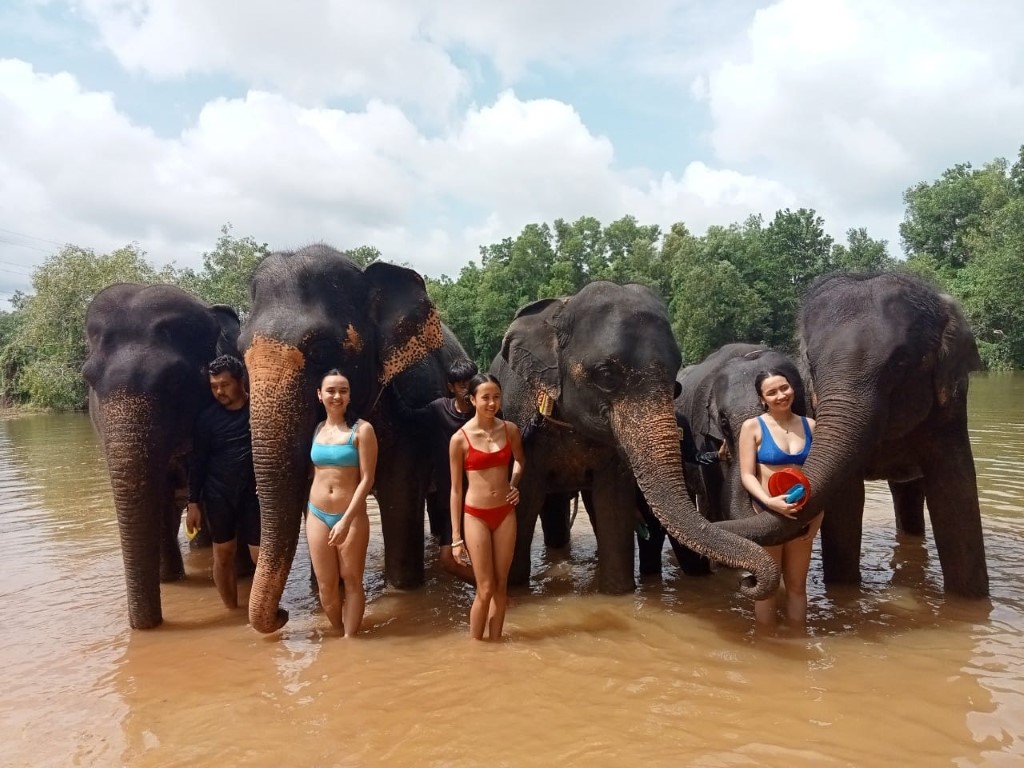
Elephants in Ancient Thailand: A Historical Overview
- Elephants in Thai Culture and Spirituality
- Elephants have been part of Thai history for over 3,000 years.
- They symbolize strength, wisdom, and prosperity in Thai culture.
- White elephants, in particular, are considered sacred and associated with royalty. Kings often kept white elephants as a sign of power and legitimacy.
- Elephants in Warfare
- In ancient Thailand, elephants were indispensable in battle.
- They served as war machines, carrying soldiers and weapons into combat.
- Famous Thai kings, such as King Naresuan the Great, used war elephants to achieve significant military victories.
- Elephants as Laborers
- Elephants were instrumental in the logging industry during the 19th and early 20th centuries.
- Their strength and endurance made them ideal for hauling timber through dense forests.
The Decline of Elephants in Traditional Roles
- The End of Logging
- In 1989, Thailand banned logging to protect its forests.
- This left many working elephants and their mahouts (caretakers) unemployed.
- Urbanization and Habitat Loss
- Deforestation and urban expansion reduced natural habitats for wild elephants.
- Elephants began to lose their traditional roles and natural spaces to thrive.
- Rising Conservation Awareness
- As the population of wild elephants declined, efforts to conserve and protect them gained momentum.
.
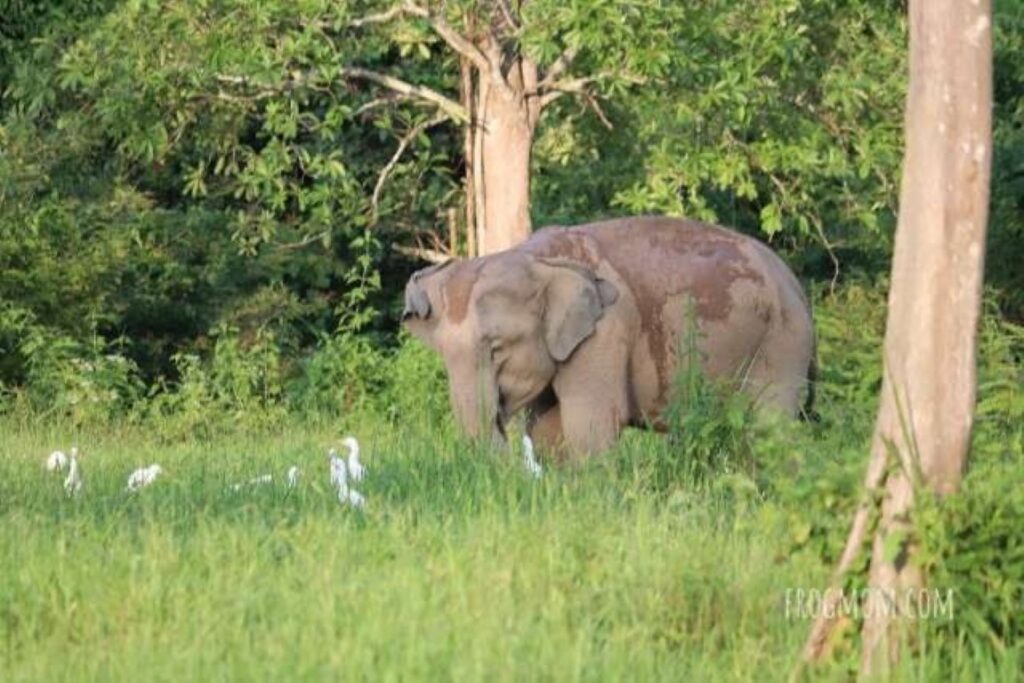
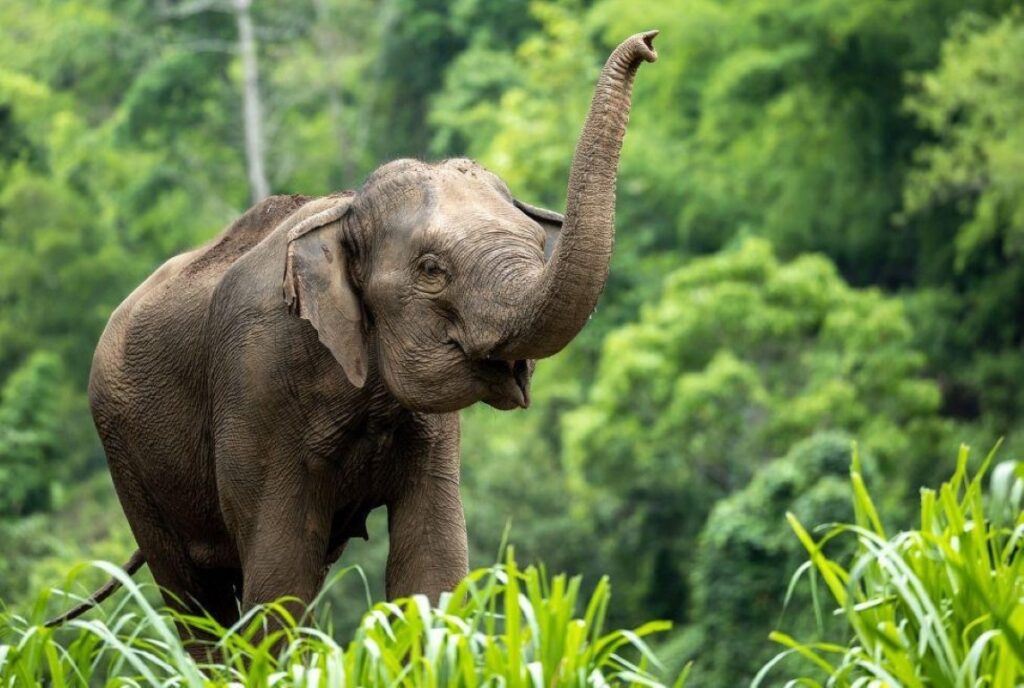
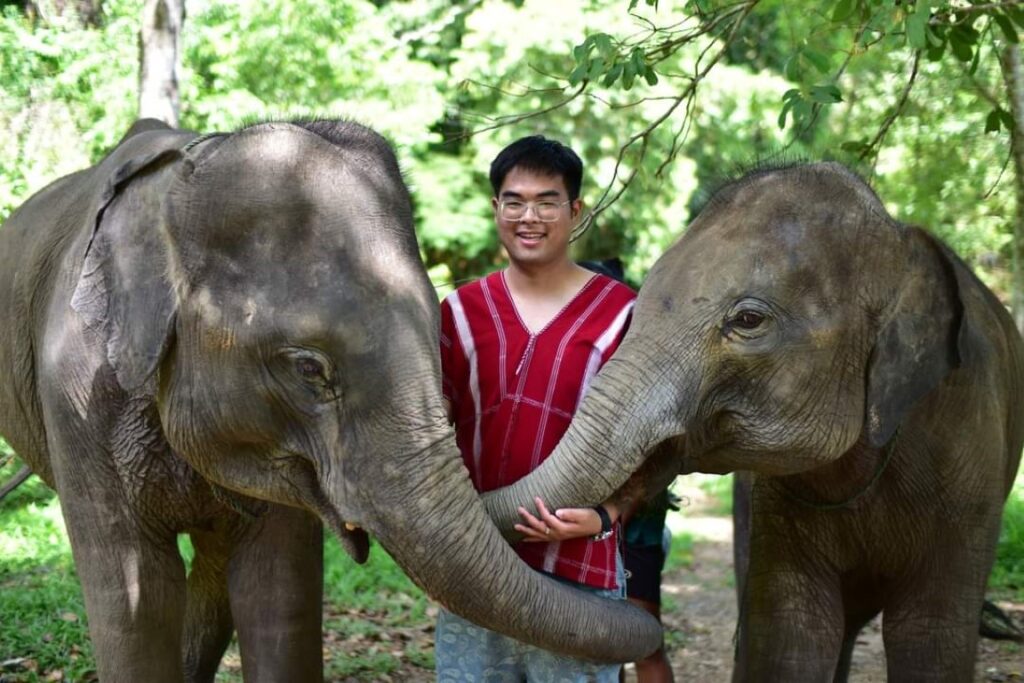
What Are Wild Elephants?
Wild elephants live freely in their natural habitats, primarily in Thailand’s forests and national parks. They have no direct human supervision and rely on the ecosystem for survival.
Natural Habitats
Wild elephants in Thailand are found in protected areas, such as:
- Khao Yai National Park.
- Kui Buri National Park.
- Kaeng Krachan National Park.
Social Structure
- Wild elephants live in matriarchal herds led by the oldest female.
- Male elephants often roam alone after reaching maturity.
Diet and Behavior
- Diet:
Wild elephants forage for grass, leaves, bark, and fruits, consuming up to 200 kg (440 lbs) of vegetation daily. - Behavior:
They are highly social animals, using vocalizations and body language to communicate.
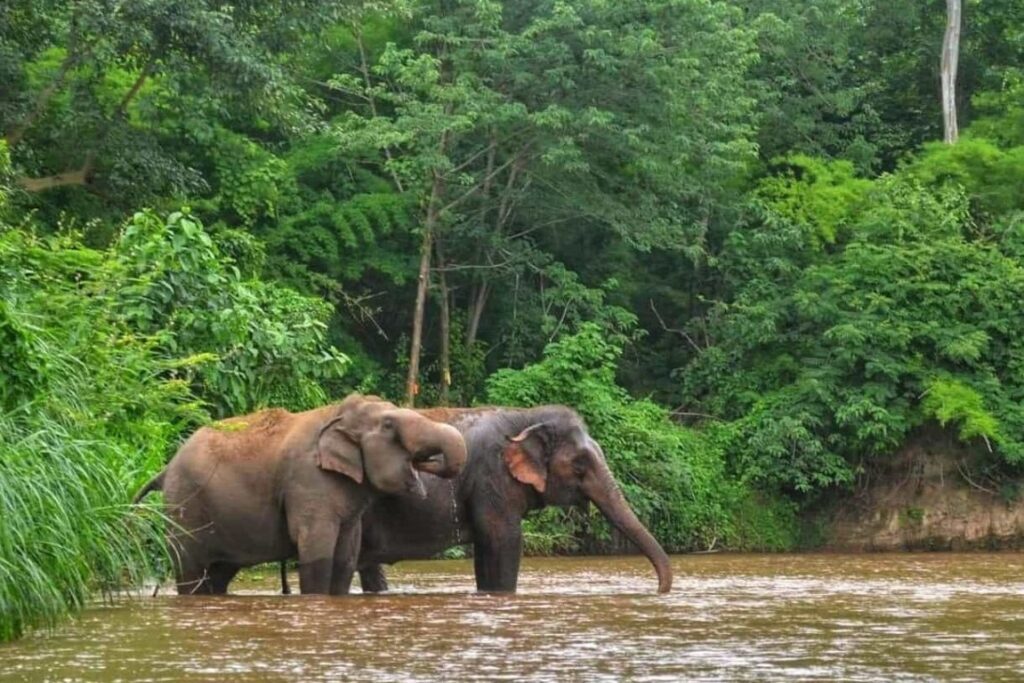
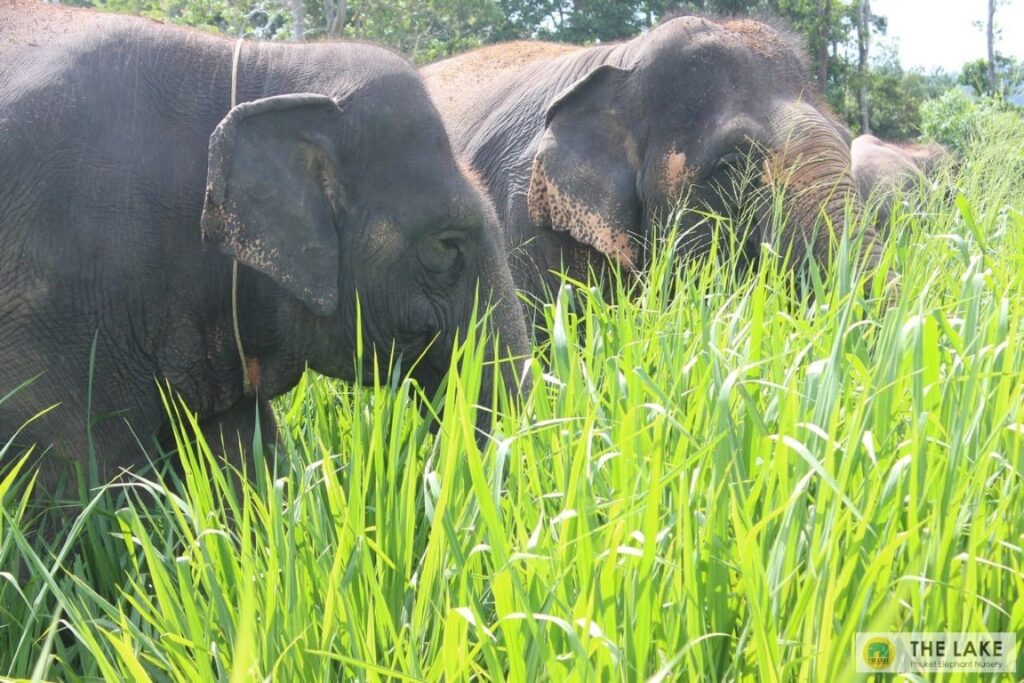
Thai Elephants and the Tourism Industry
- The Rise of Elephant Tourism
- With the decline of their traditional roles, elephants found a new purpose in the tourism sector.
- They became a major attraction, drawing visitors eager to see these iconic animals up close.
- Activities ranged from elephant rides and shows to painting performances and circus tricks.
- Ethical Concerns in Elephant Tourism
- Many early tourism practices were criticized for their impact on elephant welfare.
- Harsh training methods, overwork, and poor living conditions sparked global outrage.
- Campaigns advocating for ethical treatment of elephants gained traction.
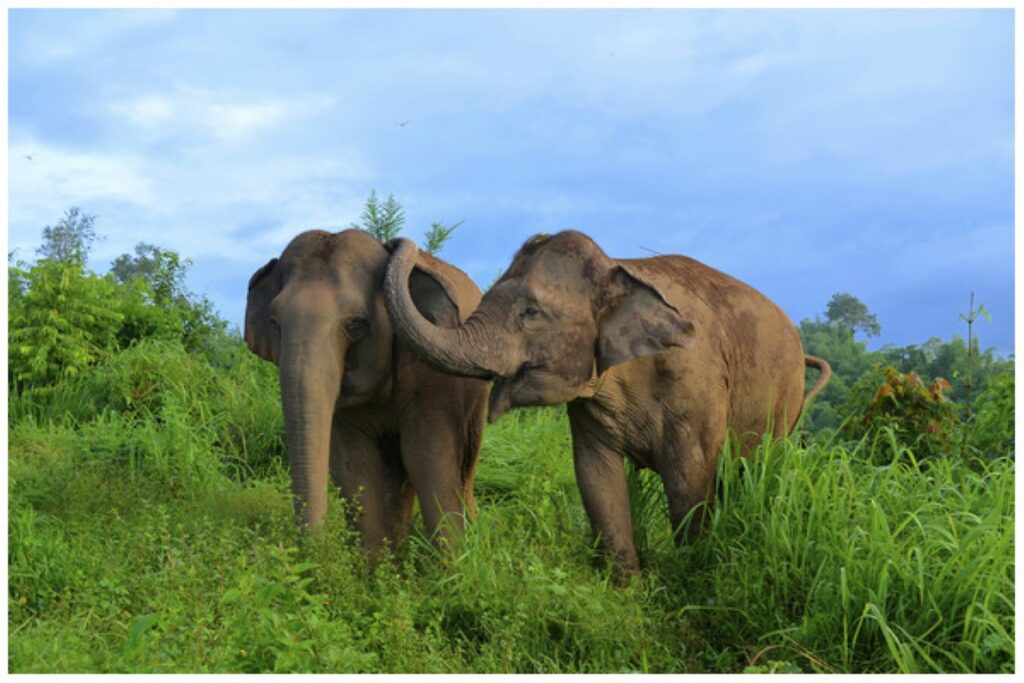

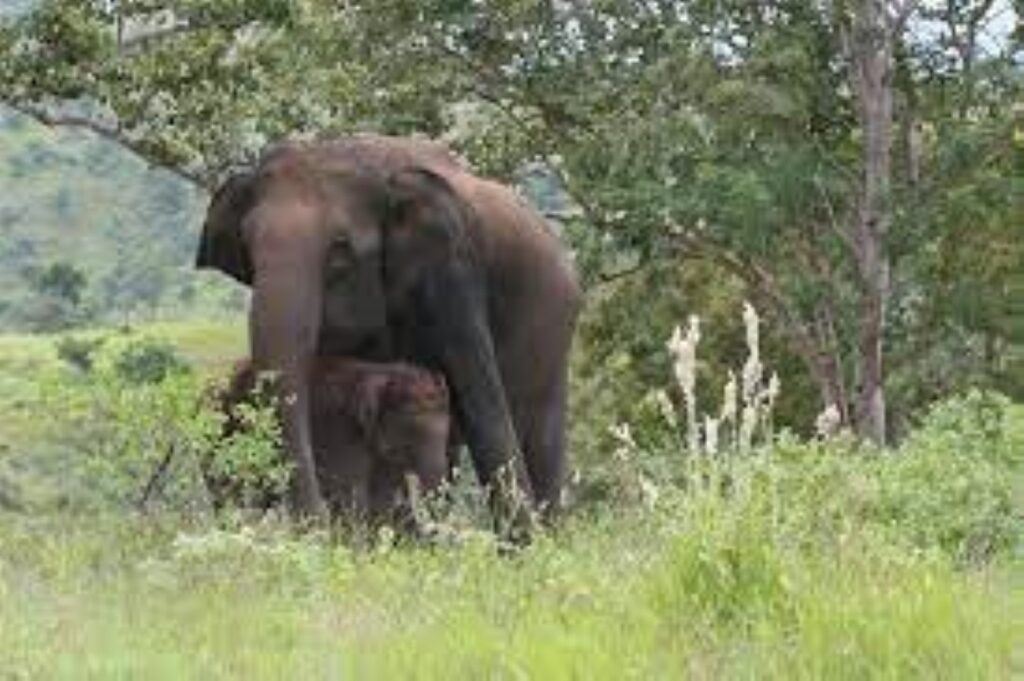
The Shift Toward Ethical Elephant Tourism
- Elephant Sanctuaries and Rescues
- Ethical sanctuaries began emerging in response to concerns about animal exploitation.
- These sanctuaries focus on providing elephants with a natural, stress-free environment.
- Hands-Off Experiences
- Tourists are encouraged to observe elephants in their natural behaviors rather than riding them or witnessing performances.
- Popular ethical sanctuaries in Thailand include:
- Phuket Elephant Sanctuary
- Elephant Nature Park in Chiang Mai
- Education and Awareness
- Ethical tourism providers emphasize education, teaching visitors about elephant biology, behavior, and conservation.
The Role of Mahouts in Elephant Tourism
- The Bond Between Mahouts and Elephants
- Mahouts have traditionally shared a deep connection with the elephants they care for.
- In the tourism industry, mahouts play a key role in ensuring elephants’ well-being.
- Challenges Faced by Mahouts
- With the shift to ethical tourism, many mahouts need retraining to adopt new, elephant-friendly practices.
- Economic challenges arise as the demand for traditional activities like riding decreases.
Challenges Facing Thai Elephants Today
- Conservation Challenges
- Habitat Loss: Expanding urban areas and agriculture continue to shrink natural habitats.
- Human-Elephant Conflict: Wild elephants often raid crops, leading to tension between farmers and conservationists.
- Captive Elephants’ Welfare
- Ensuring proper care, diet, and freedom for captive elephants remains a pressing issue.
- Balancing Tourism and Ethics
- Striking a balance between economic benefits and ethical treatment of elephants is a complex challenge for the tourism industry.
The Future of Thai Elephants
- Conservation Efforts
- Wildlife sanctuaries and national parks are expanding to protect wild elephants.
- Conservation programs focus on preserving habitats and reducing human-elephant conflict.
- Sustainable Tourism Models
- Ethical tourism is becoming more mainstream, with greater emphasis on elephant welfare.
- Tour operators are adopting sustainable practices that benefit both elephants and local communities.
- Community Involvement
- Empowering local communities to participate in elephant conservation ensures long-term success.
Educational programs
Why Elephants Matter to Thailand
- Cultural Significance
- Elephants are deeply woven into Thai culture, history, and identity.
- Ecological Importance
- Wild elephants play a vital role in maintaining forest ecosystems by dispersing seeds and shaping vegetation.
- Economic Value
- Elephants contribute significantly to Thailand’s tourism industry, boosting local economies.
How You Can Support Thai Elephants
- Choose Ethical Tourism: Visit sanctuaries that prioritize elephant welfare.
- Donate to Conservation Programs: Support organizations working to protect elephants and their habitats.
- Avoid Exploitative Activities: Avoid riding elephants or attending shows that use them for entertainment.
- Spread Awareness: Share knowledge about ethical tourism and conservation efforts.
Thai elephants have journeyed through centuries of cultural, historical, and economic transformations. Today, their future depends on how well we balance tradition, tourism, and conservation. By choosing sustainable and ethical practices, we can ensure that these gentle giants continue to thrive in both the wild and the hearts of the Thai people.

